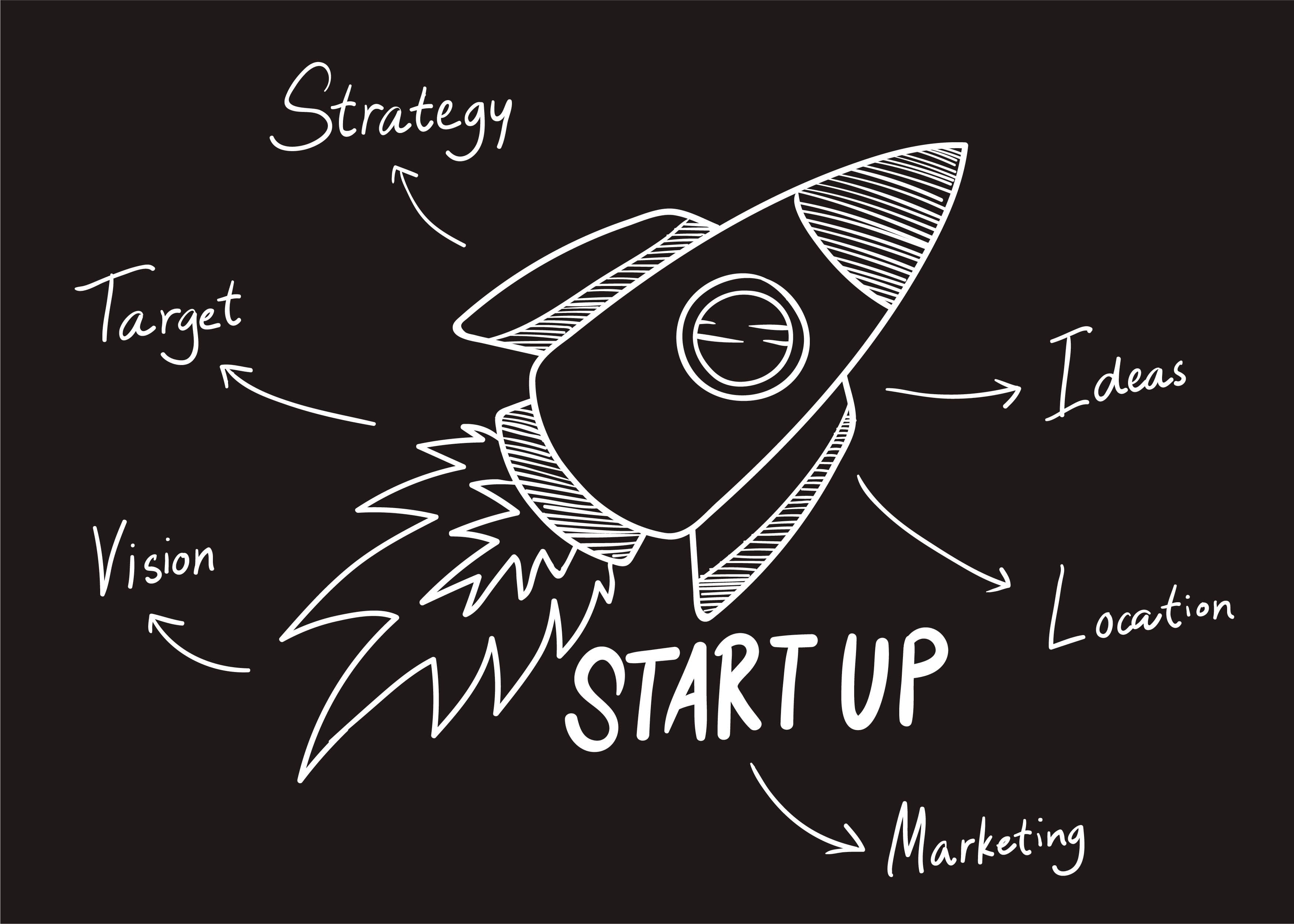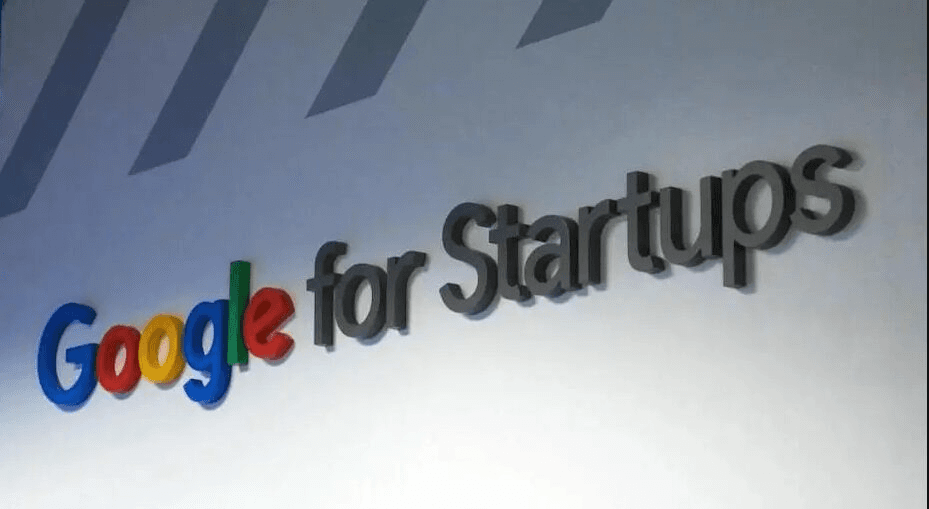Step-by-Step Guide to Turning an Idea into a Startup in 2025
Azolibe oscar
September 28, 2025

Every great company begins with a simple idea. In 2025, the journey from concept to startup has never been more accessible, but it also comes with new challenges. Whether you are a first-time founder or an experienced professional looking to launch your next venture, this guide will walk you through the essential steps to bring your idea to life.
Step 1: Validate Your Idea
Before you invest time and money, make sure your idea solves a real problem. Start by conducting market research and interviewing potential customers. Platforms like SurveyMonkey and Typeform can help you gather insights quickly. The key is to understand if people are willing to pay for the solution you are building.
Step 2: Define Your Value Proposition
Once your idea is validated, you need to clearly communicate why your product matters. A strong value proposition explains the benefit, the target audience, and what makes your solution different. You can learn more about crafting one using frameworks from Strategyzer.
Step 3: Build a Minimum Viable Product (MVP)
Your MVP is the simplest version of your product that delivers value. Instead of building a perfect solution, focus on a prototype that allows real users to interact with it. Tools like Figma for design and Bubble for no-code development make this step faster and more cost-effective.
Step 4: Secure Early Feedback
Put your MVP in front of your target users and gather feedback. Join founder communities like Indie Hackers or post on platforms such as Product Hunt to get real-world reactions. The earlier you test, the quicker you can adjust before scaling.
Step 5: Choose a Business Model
Your startup will only survive if it generates revenue. Decide how you plan to monetize. Subscription models, freemium options, or one-time purchases all work depending on your industry. For deeper insights, explore resources from Harvard Business Review.
Step 6: Register and Structure Your Startup
To gain trust and operate legally, register your business. This step includes choosing the right legal structure, securing licenses, and protecting your intellectual property. You can explore startup-friendly guidance from Clutch or local business bureaus depending on your region.
Step 7: Build Your Brand and Go-to-Market Strategy
Your brand is how customers perceive you. Develop a clear identity that includes your name, logo, and voice. Pair this with a go-to-market strategy that covers customer acquisition channels such as content marketing, SEO, and partnerships. HubSpot’s Marketing Blog is a great resource for getting started.
Step 8: Secure Funding
Funding options in 2025 are diverse. You can bootstrap, apply for accelerator programs, or pitch to angel investors and venture capitalists. Platforms like Crunchbase and AngelList are excellent for connecting with investors. Choose the path that aligns with your growth goals.
Step 9: Scale with the Right Team
Once you have traction, the next step is building a team. Hire people who align with your vision and bring complementary skills. Remote hiring has become easier with platforms like We Work Remotely. A strong team is the foundation of a scalable company.
Step 10: Measure, Improve, and Grow
Launching your startup is only the beginning. Continuously track performance with metrics such as customer acquisition cost, lifetime value, and churn. Use tools like Google Analytics and Mixpanel to monitor progress and optimize your strategy.
Ready to Take the Next Step?
Turning your idea into a startup in 2025 is possible if you follow the right roadmap. The key is to start small, validate quickly, and grow strategically.
If you are ready to bring your idea to life, book a call with our team today. We will help you refine your strategy and accelerate your launch.

About Azolibe oscar
Oscar Azolibe is a tech enthusiast and writer passionate about startups, software development, and the future of innovation in Africa. With experience in product design and engineering, he brings unique insights into how emerging technologies are shaping new business opportunities.
Related Articles

How Global Tech Layoffs Are Fueling New Startup Talent Pools

The 15 Startups in the 2025 Google for Startups Accelerator Africa Cohort You Should Know
